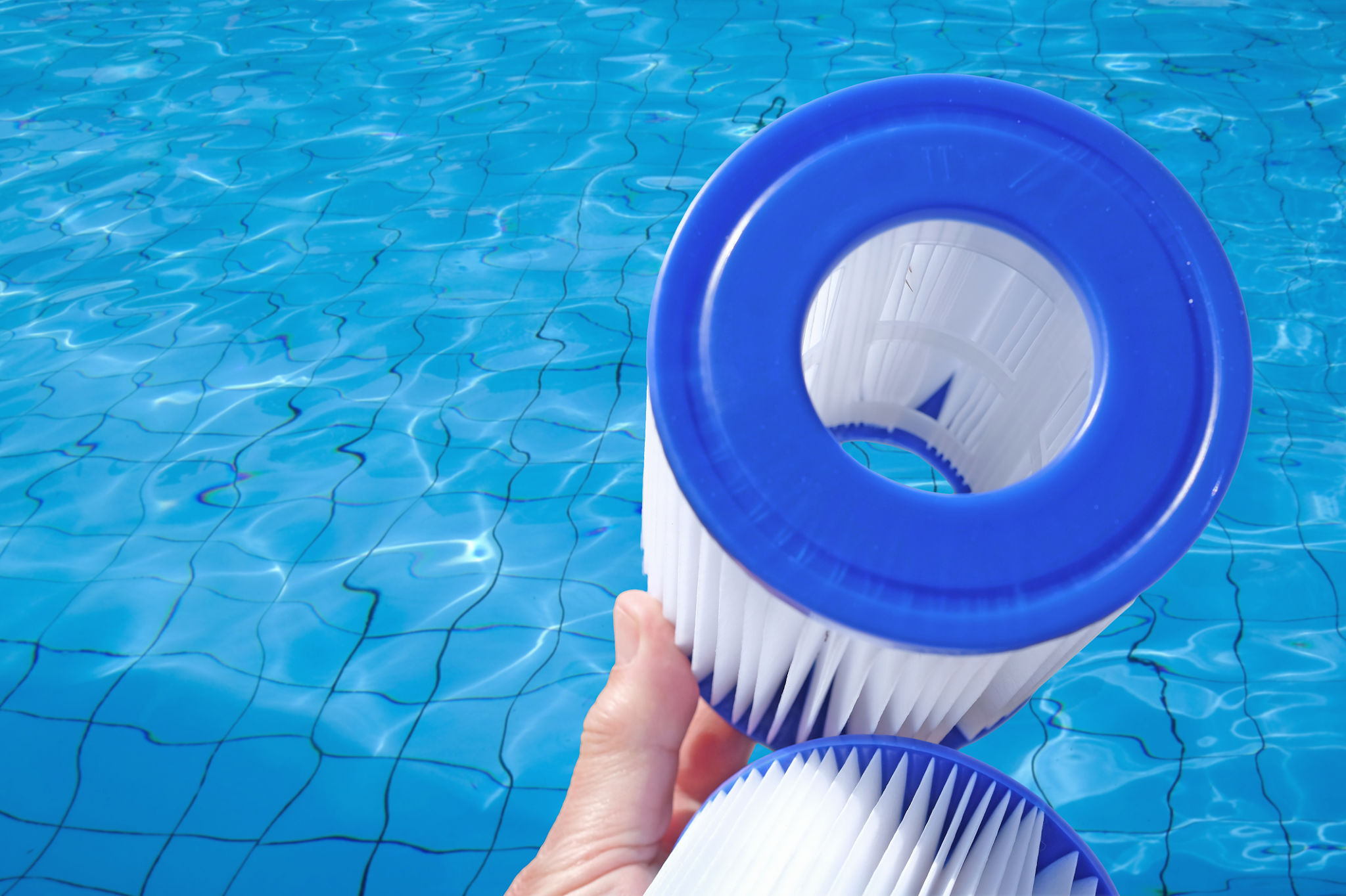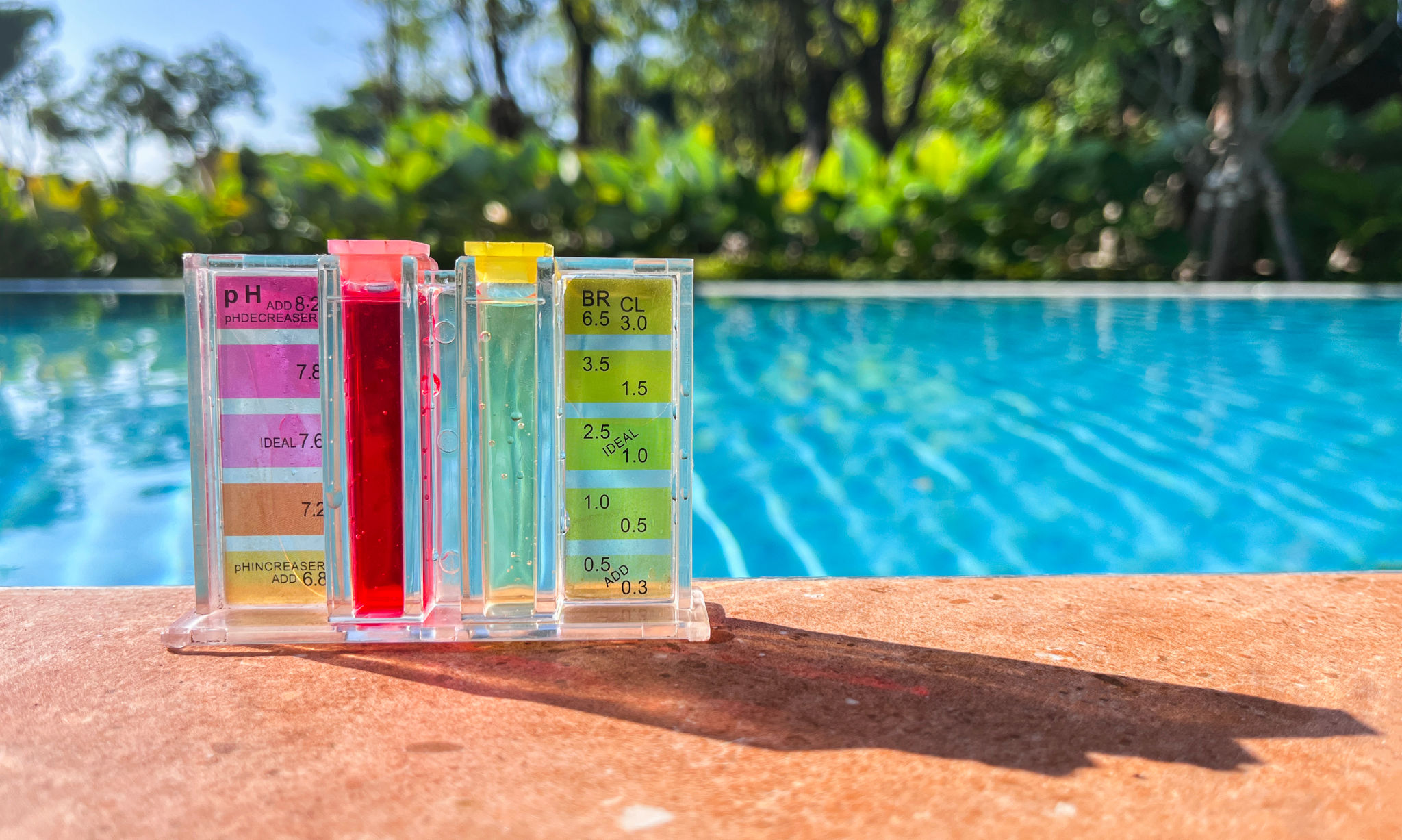DIY Pool Maintenance Tips for Homeowners in Gillespie County
Understanding Your Pool's Needs
For homeowners in Gillespie County, maintaining a pool can be a rewarding yet challenging task. Understanding your pool's specific needs is the first step toward effective maintenance. It's crucial to recognize that every pool is unique, depending on its size, type, and usage. Regular maintenance ensures a clean and safe swimming environment, enhancing the longevity of your pool.
Start by monitoring your pool's water balance. Keeping the water chemistry right is key to preventing issues like algae growth and equipment damage. Regularly test the pH, alkalinity, and chlorine levels to ensure they're within the recommended range. Adjustments should be made promptly to maintain balance.

Essential Pool Cleaning Routine
Maintaining a consistent cleaning routine is vital for any pool owner. Skimming the surface daily to remove leaves and debris helps prevent clogging and reduces strain on your filtration system. Investing in a good pool cover can also minimize the amount of debris entering your pool.
Vacuuming the pool floor weekly is another essential task. Whether you prefer a manual or automatic vacuum, this process helps remove dirt and sediment that settle at the bottom. Additionally, brushing the walls and tiles prevents algae buildup and keeps surfaces looking pristine.
Filter Maintenance
Your pool's filter plays a crucial role in keeping the water clean. There are three main types of filters: sand, cartridge, and diatomaceous earth (DE). Each requires different maintenance approaches, but all should be checked regularly for optimal performance.
For sand filters, backwashing is necessary when the pressure gauge reads 8-10 psi above normal. Cartridge filters should be removed and cleaned with a hose every month, while DE filters need periodic backwashing and recharging with fresh DE powder.

Managing Water Levels
Maintaining the correct water level is vital for your pool's circulation system. The water should be at the midpoint of your skimmer opening for optimal performance. Too high or too low water levels can hinder proper filtration and lead to potential equipment damage.
Regularly check for evaporation or heavy rainfall, as these can cause fluctuations in water levels. Adjust accordingly by adding or removing water as needed to maintain balance.
Seasonal Pool Care
Each season brings different challenges for pool maintenance. In Gillespie County, the mild winters mean you may not need to close your pool completely, but it's still wise to adjust your maintenance routine. Lower the water level slightly, cover the pool when not in use, and run the pump periodically to keep the water circulating.
During the warmer months, increased usage demands more frequent checks on chemical levels and cleaning schedules. Regularly inspect your pool equipment for wear and tear to address any issues before they become major problems.

Energy Efficiency Tips
Running a pool can increase your energy bills significantly. To keep costs down, consider using energy-efficient equipment such as variable-speed pumps or LED lighting. These upgrades not only save money but also reduce your carbon footprint.
Additionally, using a solar cover can help retain heat in the pool, reducing the need for a heater. Installing timers on your pump and lighting systems ensures they run only when necessary, further conserving energy.
Conclusion
By following these DIY pool maintenance tips, Gillespie County homeowners can enjoy a sparkling clean pool year-round. Regular upkeep not only enhances your property's value but also provides a safe and enjoyable environment for family and friends. With a little effort and dedication, maintaining your pool can become a seamless part of your home care routine.
